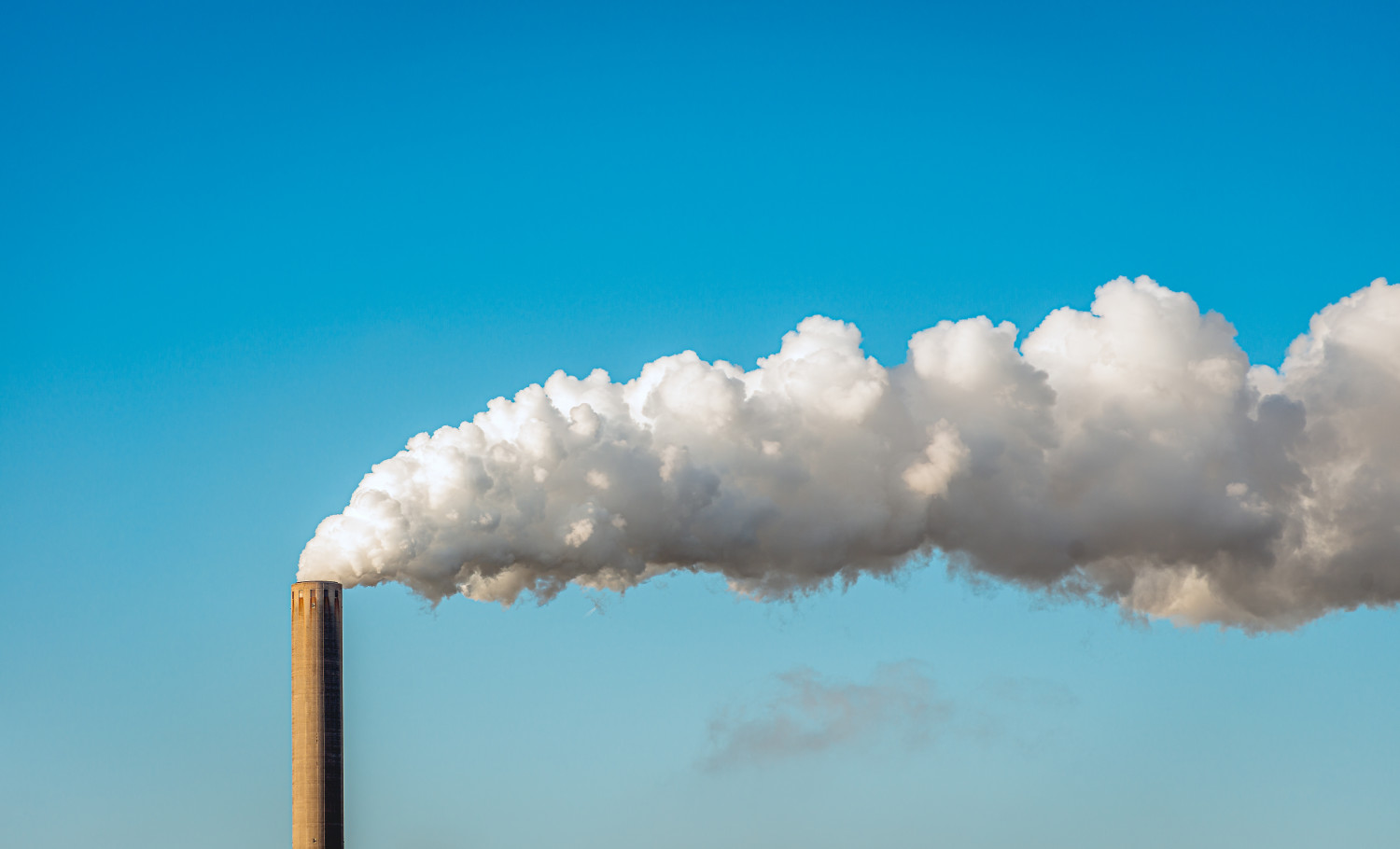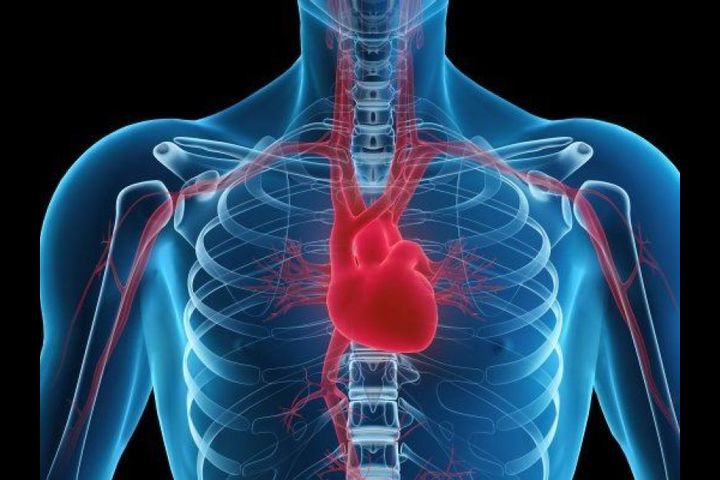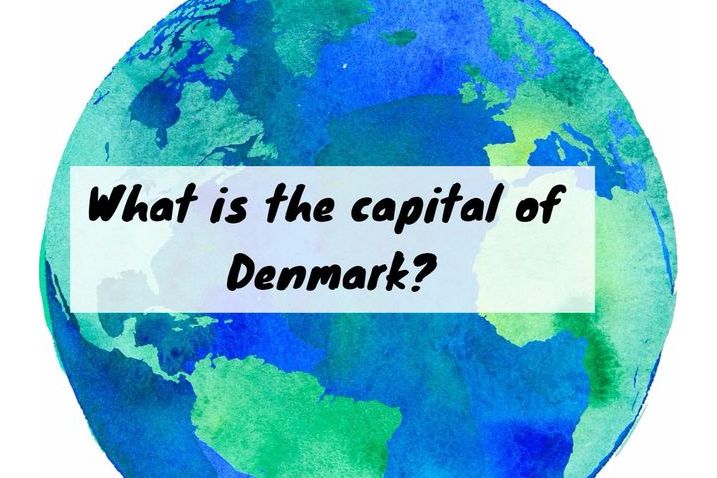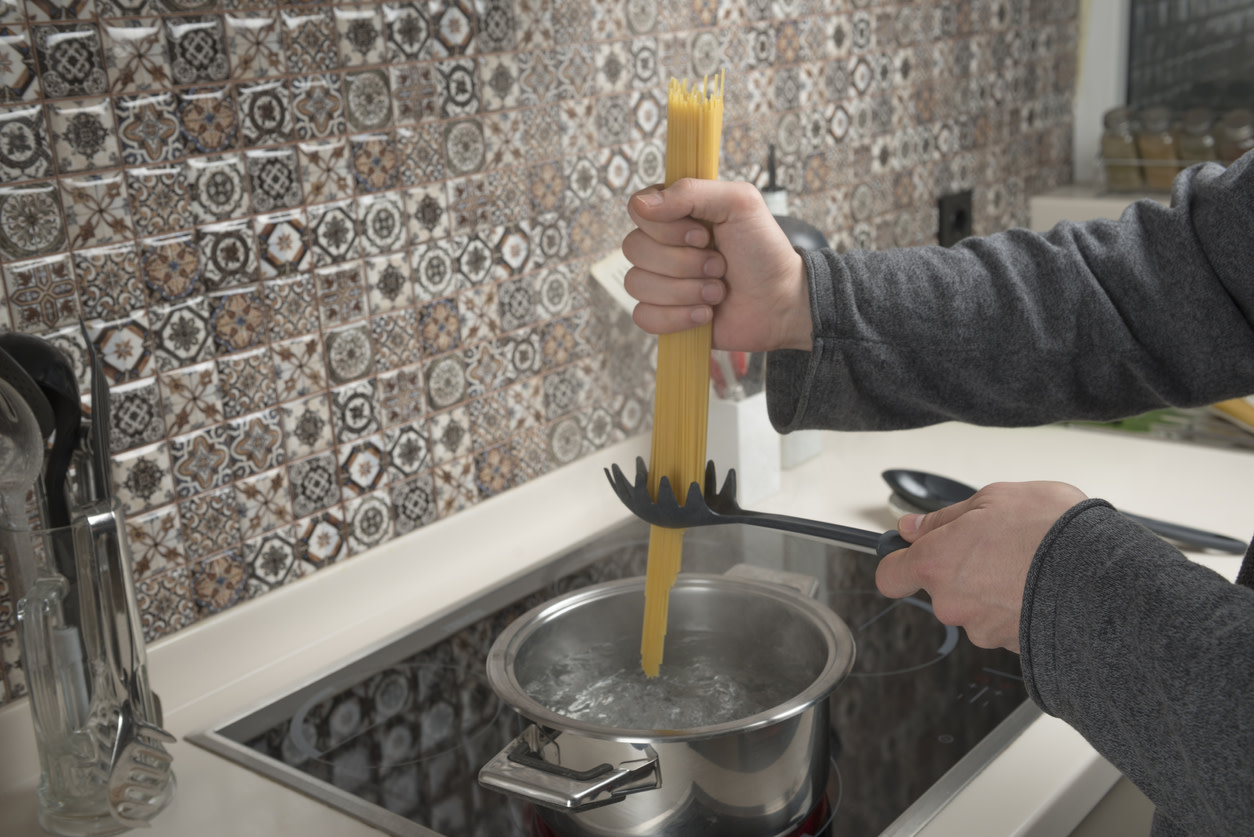
Cooking is full of science! From the way bread rises to why onions make you cry, many everyday kitchen moments have fascinating explanations. You don’t need to be a scientist — just a curious cook — to enjoy the fun facts behind the food. In this quiz, you’ll explore the chemistry, physics, and biology at work in your kitchen. You’ll learn why eggs turn solid, how baking powder works, and much more. The next time you cook, you might see your ingredients in a whole new way. Ready to stir up some kitchen knowledge? Let’s start!
No.
1
/10

Getty Images
Why does bread rise in the oven?
No.
2
/10

getty
Why do onions make you cry?
No.
3
/10

Getty Images
Why does sugar turn brown when heated?
No.
4
/10

http://www.abc.net.au/news/image/5590666-3x2-940x627.jpg
Why do eggs turn solid when cooked?
No.
5
/10

Getty Images
Why do cakes rise when baked?
No.
6
/10

Getty Images
Why does pasta stick together when cooked without stirring?
No.
7
/10

Getty Images
Why does salt lower the freezing point of water?
No.
8
/10

getty
Why do popcorn kernels pop?
No.
9
/10

Getty Images
Why do pickles stay preserved?
No.
10
/10

Getty Images
Why do metal pans heat faster than glass?
Submit










